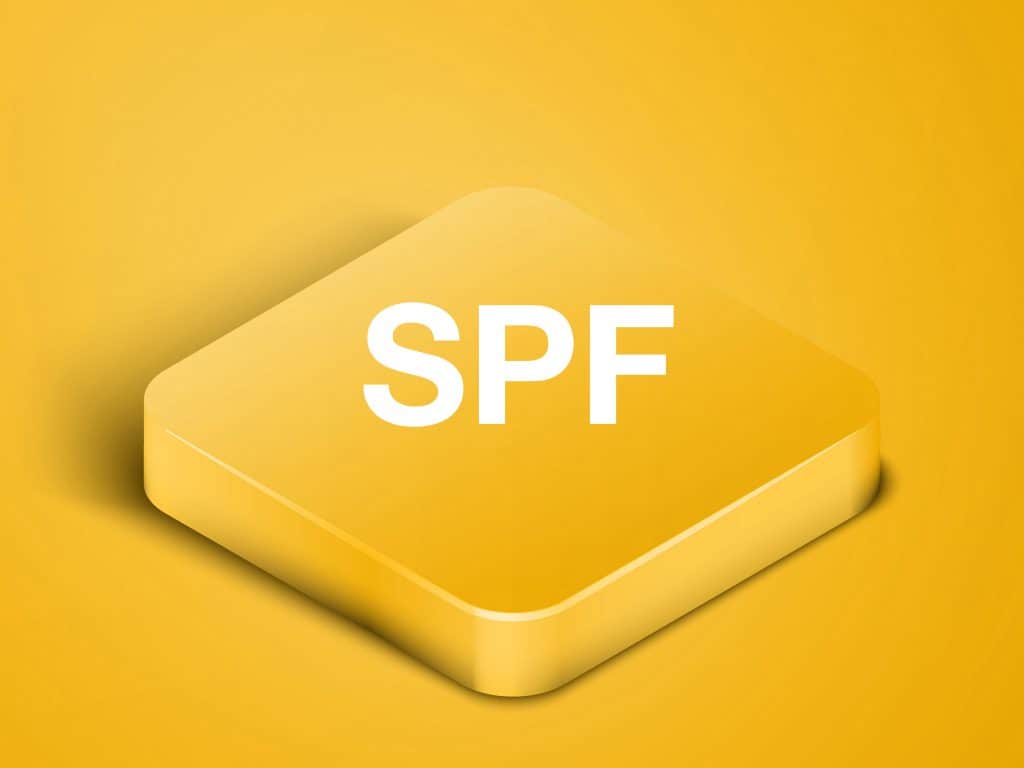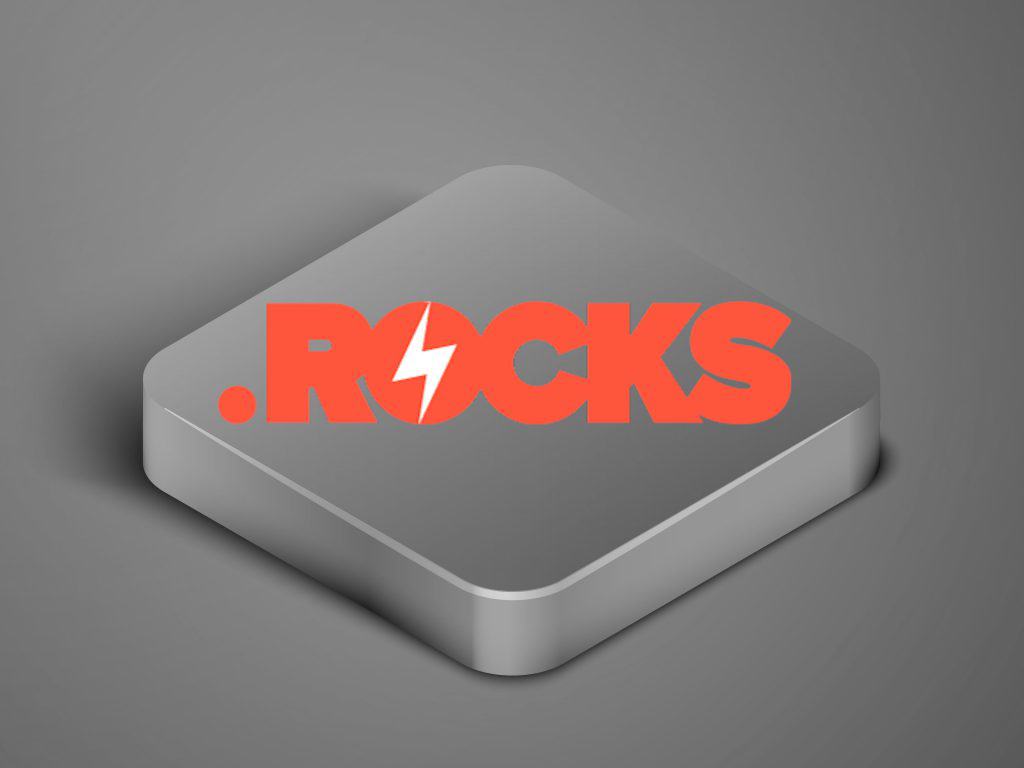Our Free Private Domain Registration Service and Why You Need It
- By Douglas Moore
- April 19, 2020

Building a website for your new business or blog is exciting. You’ll go through the process of choosing the name and extension, choosing a domain name company to buy it from, creating and designing the website… But how much about the process of registering a domain name are you actually familiar with?
When you buy a new domain name through a domain registrar company, ICANN (the Internet Corporation for Assigned Names and Numbers) requires from the domain registrar to provide the name, physical mailing address, e-mail address, and phone number of the person that owns or administers the domain – you. This information is stored in the WHOIS database, which is an open directory holding the contact information of all domain name owners. This means that when you’re registered as a domain owner, anyone, at any time, can find your personal information free of charge.
That doesn’t sound so great, does it? The drawbacks of someone else having access to your personal information range from small nuisances, such as receiving spam mail, to serious offenses, such as identity theft.
This is where private domain registration enters the picture. When you purchase a private domain registration, all your personal information is kept safe from the public eye.
But how does it work? What are its advantages? We’ll go over everything you need to know about private domain registration in this article. At Domain Name Sanity, we offer private domain registration for free when you register or transfer your domain name to us, so you can protect your privacy at no additional cost.
What is Private Domain Registration?
As we mentioned, when you purchase a domain name, your personal contact information gets stored in the WHOIS directories, becoming available for anyone with access to the internet. So basically, most people on this planet. Private domain registration is a way to keep your personal information private, even once you register a domain name.
The way that private domain registration keeps your personal information secure is by using a proxy’s details and inputting them in the WHOIS database instead of your own. The domain company (in this case, us) will provide ICANN with a valid address and contact information for the domain – but instead of it being your information, it’s the details of our anonymous domain registration service.
Keep in mind, however, that if you use private domain registration, the owner of the domain will technically be the domain company that’s providing the service. Whoever is specified in the domain registration with ICANN, and visible in the WHOIS directories, is considered as the owner of that domain.
This isn’t something to worry about, though – there have been very few instances of problems arising with domain name companies concerning private domain ownerships. And at Domain Name Sanity, we provide our clients with honest and transparent service, so your mind can be at ease.
Private domain registration usually costs an additional annual fee of up to $9.95 per year with our competitors like GoDaddy, but we offer the service for free, as we take your privacy very seriously.
Now, before we look at all the advantages of using private domain registration, let’s take a look at the risks of not using it.
What are the Risks of Not Using Private Domain Registration?
We mentioned that when your information is open to the public in the WHOIS directories, anyone has access to it. So, what can this lead to? Why would anyone want your information, anyway?
Most commonly, it’s the same reason that companies such as Facebook share your information with third-parties: marketing. When spammers and direct marketers get their hands on your personal contact information, they can send you snail mail, spam, or even call you and pester you with their products or services.
However, there are more malicious reasons to track your information. The internet is a great place, but it has no shortage of online security threats. And a great start for hackers is your personal information.
If marketing is a nuisance, problems such as getting your website hacked or identity stolen are more serious dangers of having your personal information open to the public. Using a private domain is a good start to staying secure from cyber-criminals.

Now, let’s look at some of the benefits of enabling private domain registration.
The Benefits of Private Domain Registration
Here’s a quick overview of the pros of using private domain registration before we delve further into each of them.
- Protection of your privacy: none of your personal information will be publicly available.
- No undesired solicitation: spammers and telemarketers won’t be pestering you or trying to sell you online marketing services.
- Prevent online threats: private registration will increase your personal security.
- Control over your information: you can choose what information you want to share publicly, with others, on your website.
- It’s free: well, at least at Domain Name Sanity it is. Some of our competitors (like GoDaddy) charge up to $9.95 per year for a private domain registration.
Protection of Privacy
Today, it’s disturbingly easy to find out all you want to know about a person with a single Google Search. Have you seen that Netflix show You? In a nutshell, a stalker gets a hold of all the personal information about his victim – her address, school, phone number, friends, favorite coffee shops, and so on, just from visiting her social media profiles.
Now, most scenarios – thank God – aren’t that dark. But still, you never know whose hands your information can fall into when it’s public, and what can be done with it. A lot of people think that they’re not worthwhile subjects of identity theft, but unfortunately, it can happen to anyone. We’ll get into the details of online threats in a bit, but the main point we want to make is that privacy is important, that privacy counts.
When you use private domain registration, if anyone wants to track down your information for malicious purposes, all they’ll find on the WHOIS database are the details of the domain registration proxy service that we provide you with.
No Undesired Solicitation
When you have no control over who can get your personal information, it can fall in the hands of the most annoying people of the marketing world: spammers and telemarketers (we mean no offense to people that have these jobs, we assume they’re not too happy about it either).
Spammers can overwhelm your email with offers for logo design services, web site design services and SEO services. We see a daily barrage of those emails to our WHOIS Privacy email addresses, and protect you from these nuisance emails.
The other group, telemarketers, have been known to acquire telephone numbers from the WHOIS database, and then call their unwitting victims through all hours of the day (or night) asking if they want to lose weight, or if they’re happy with their long-distance carrier, if they’d like a web site designed or search engine marketing services and so on.
Well, private domain registration can help you sidestep these issues. As your domain company, we protect you from those nuisances and none of the spam or phone calls will get anywhere near you. The email address that will be specified on the WHOIS database will be a ploy!
Prevent Online Threats
We reiterated this several times, and not for nothing: identity theft is not a joke, Jim. Criminals can use your personal information for identity theft and even find their way to your credit card details.
There are also other cyber threats, such as your website getting hacked, that are easier to do when your personal information is disclosed.
Control Over Your Information
When your personal details aren’t available on WHOIS, you are the one who gets to decide what information about you is actually made public.
You can share the necessary information on your business website, and you can provide any additional details to your clients when and if they need it. In the end, everyone will be safer: you, your website, and the website visitors.
It’s Free
When you decide to make your own website, the two necessary expenditures are buying a domain name and a hosting service. But this is just one small part of the picture of running a business. While these two fees alone don’t add up to much, opening and running a business always has additional costs, many of which are unpredictable. So building a website and hiring employees are just the tip of the iceberg.
While most companies charge an additional fee for private domain registration, we don’t. We know that it’s tough dealing with growing business expenses. That’s why we offer the service for no additional charge – we want to provide you with the best security, and give you ease of mind.
A Few Words Before You Go…
Hopefully, you enjoyed reading our article about the benefits of private domain registration. Keeping your personal information secure will significantly reduce the threats and nuisances which are the unfortunate side effects of the online world.
Search for your new domain name now, with free private domain registration service – or transfer your domain to Domain Name Sanity to take advantage of our Free WHOIS privacy protection.
View Related Articles

All About The .fun Top-Level Domain
If you’re thinking about using the .fun gTLD for your website, we’ll help you brush up on everything you need to know about it – its history, who runs it, what it’s used for, and where you can get your very own .fun domain extension.

What Is an SPF Record?
In DNS, an SPF record, or Sender Policy Framework record, is a TXT record that allows you to list the authorized hostnames and IP addresses that have permission to send emails under the auspice of your domain, i.e. on behalf of it. When you set up an SPF record, you specify the exact hosts which have the authority to send emails from your domain.

All About The .rocks Top-Level Domain
The .rocks domain can be used for any type of website. You can take advantage of the colloquial meaning of rocks as a verb, as in mywebsite.rocks. You can also use its association with music, to create something like myband.rocks where myband would be the name of your band.